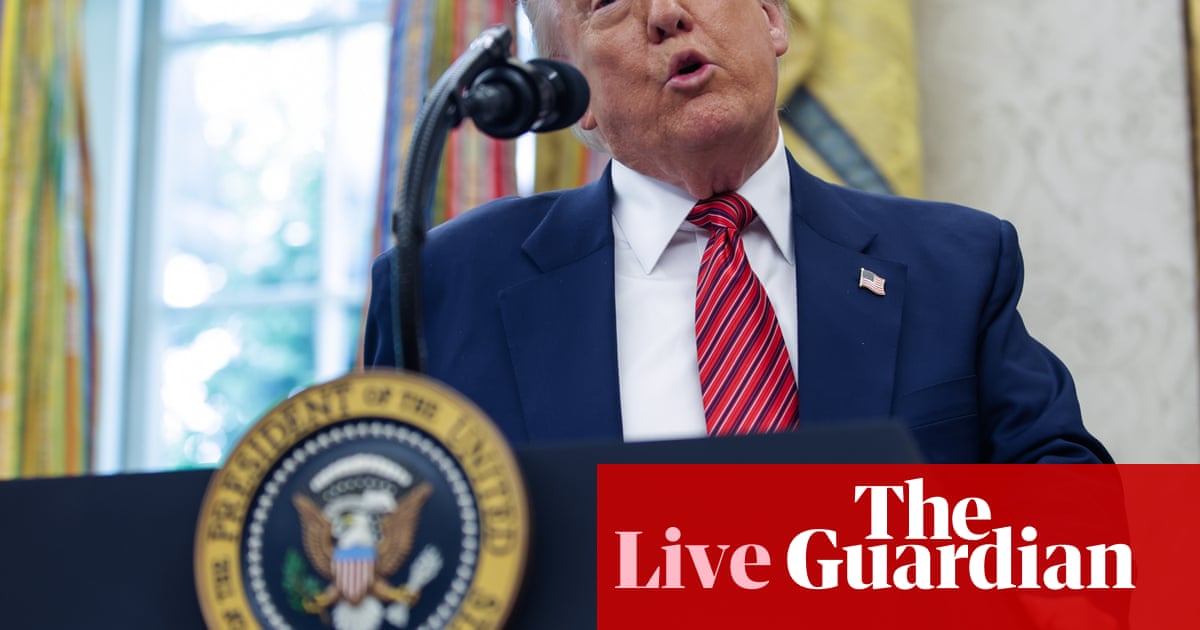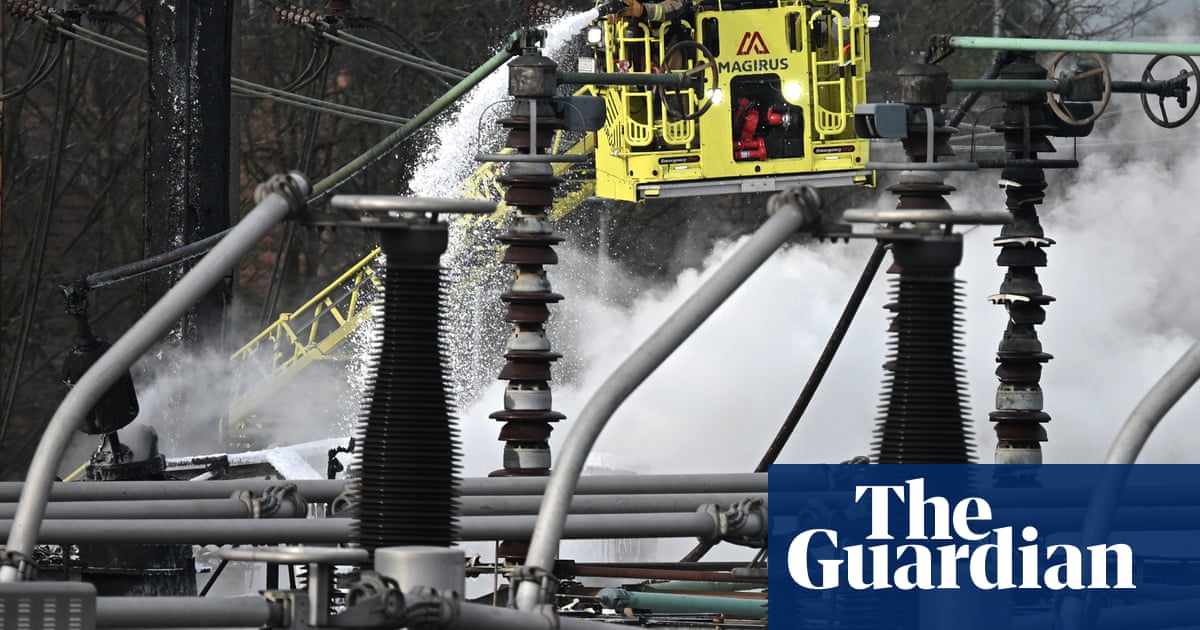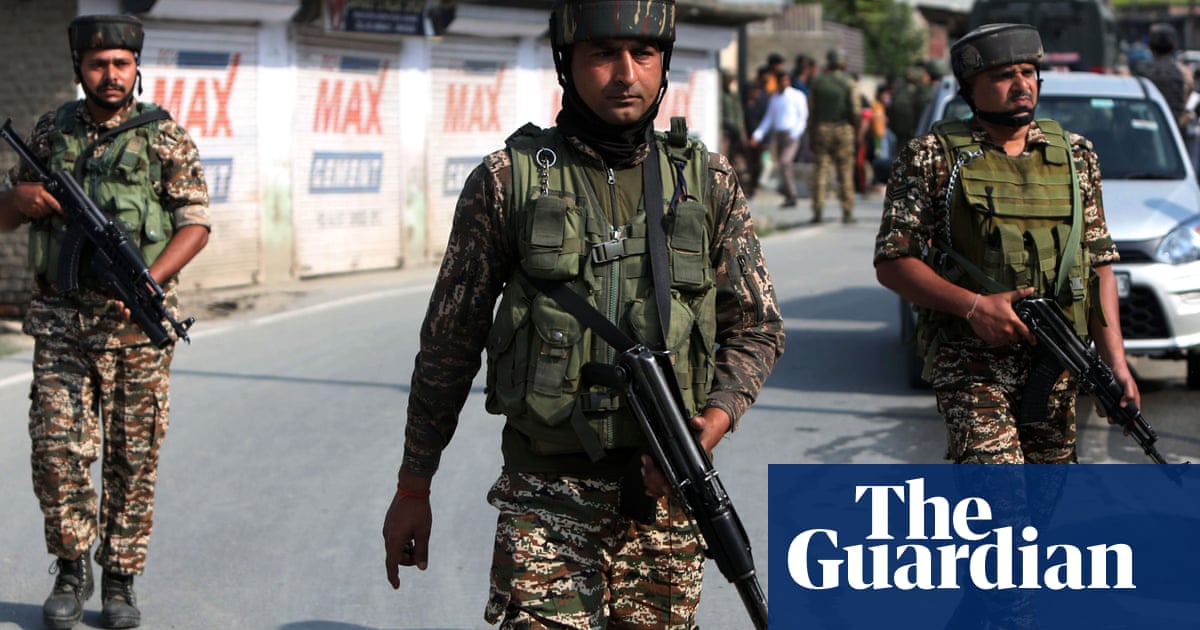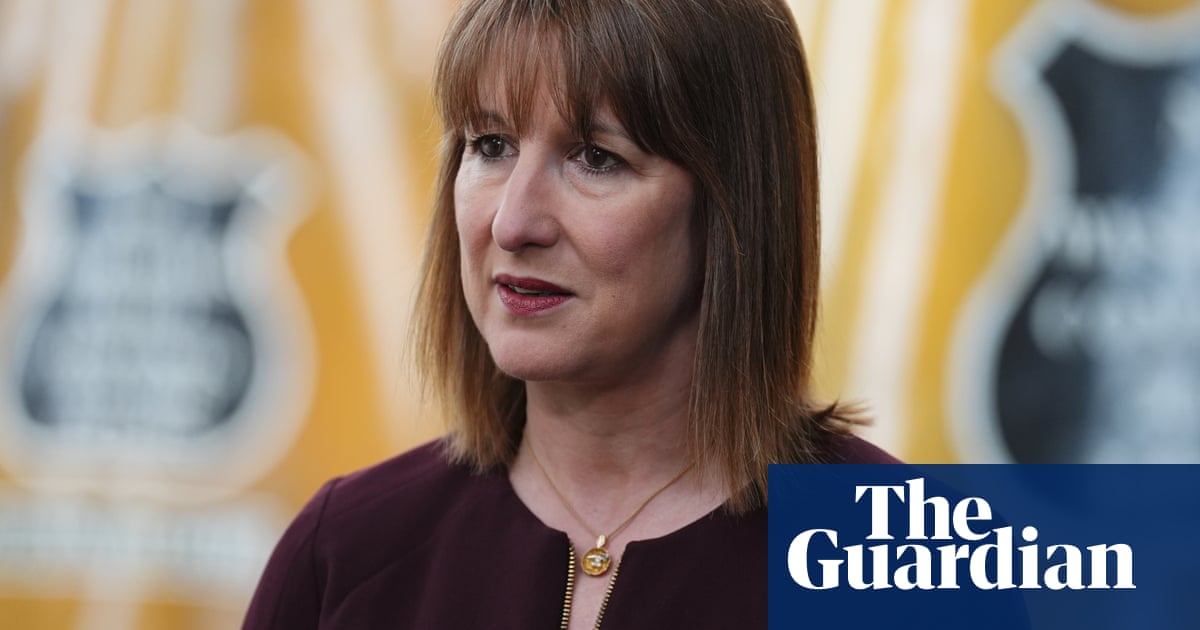Pakistan has authorised its military to take “corresponding” retaliatory action against India after an overnight missile attack by the Indian air force killed 26 across Pakistan, raising fears of an escalating conflict between the two nuclear-armed countries.
In a strongly worded statement, Pakistan accused India of “igniting an inferno” in the region after it carried out targeted strikes on nine sites in Pakistan-administered Kashmir and the Pakistani province of Punjab in the early hours of Wednesday.
India said the strikes were a direct retaliation for an attack in Indian-administered Kashmir late last month, in which militants targeted and killed 25 Hindu tourists and their guide.
India had accused Pakistan of direct involvement in the attacks, through Islamist militant organisations it has long been accused of backing. After its airstrikes on Wednesday, which killed 26 people including several children, and left 45 injured, India jubilantly claimed victory over Pakistan.
The Indian army said the strikes had specifically targeted terrorists and terrorist training camps for two Islamist militant groups, Lashkar-e-Taiba and Jaish-e-Mohammed, which have long been accused of freely operating out of Pakistan and have been implicated in some of India’s deadliest terror attacks.
“We killed only those who killed our innocents,” said India’s defence minister, Rajnath Singh, while home affairs minister, Amit Shah, said the government was “resolved to give a befitting response to any attack on India and its people”.
The Indian army described the missile strikes as “not escalatory, proportionate and responsible”.
Pakistan said that the “unprovoked and unjustified attacks martyred innocent men, women and children”, and denied the existence of any terrorist camps or infrastructure in the areas that were struck by India.
For the first time in since the India-Pakistan war in 1971, Indian missiles struck inside Punjab, Pakistan’s most politically and militarily important province, killing at least 16 people.
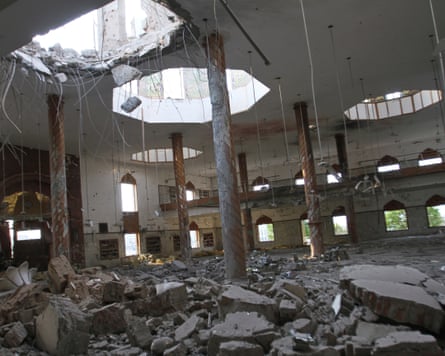
Pakistan’s prime minister, Shehbaz Sharif, made it clear that his country saw India’s strikes as a “blatant act of war” and intended to take retaliatory action, though he did not openly discuss what form that would take. At a meeting of the national security council on Wednesday, Sharif’s government gave the country’s military authorisation to take action to defend Pakistan’s sovereignty “at a time, place, and manner of its choosing”.
At a session of parliament on Wednesday, Bilawal Bhutto Zardari, co-chair of the Pakistan People’s party, which rules as part of the coalition government, reaffirmed the country’s right to defend itself and said that Pakistan’s answer to India’s attacks “has yet to come”.
“Pakistan has the right to respond to this attack however it wants,” he said.
Kashmir, in the foothills of the Himalayas, has been disputed since the partition of India and the formation of Pakistan in 1947. Both India and Pakistan claim it in full, but each controls a section of the territory, separated by one of the world’s most heavily militarised borders: the “line of control” based on a ceasefire border established after the 1947-48 war. China controls another part in the east.
India and Pakistan have gone to war three times over Kashmir, most recently in 1999.
There were indicators that India had also suffered losses in Wednesday’s attacks, which were carried out by military aircraft and drones from within India’s own airspace. Pakistan claimed that about 80 Indian jets had taken part in the strikes, and said it had “exercised restraint” by shooting down just five.
after newsletter promotion
The Indian government remained tight-lipped about all aircraft that had been reportedly shot down, but debris of at least three planes was reported in areas across Indian-administered Kashmir and India’s Punjab state.
In the Indian-Kashmir village of Wuyan, Adnan Ahmad, 25, reported hearing a loud crash at about 1.40am. “When I rushed to window I saw an aircraft in flames falling down,” he said. “There was another aircraft moving above the falling aircraft. The aircraft landed near a school building, hitting trees. I rushed to the crash spot along with other neighbours. There were multiple explosions from the fallen wreckage for around an hour.”
From the early hours of the morning, there was heavy firing between Indian and Pakistani forces across the Line of Control, the de facto border dividing Kashmir. According to officials in Indian-administered Kashmir, at least 12 civilians on the Indian side had been killed since Wednesday morning. Pakistan reported that at least five people had been killed from shelling on their side of the line.
Parvez Khan, the chief medical officer of Poonch, one of the border areas that suffered the worst damage by the cross-border shelling, said 42 people were being treated for injuries.
“Two of my relatives were seriously wounded when a mortar shell hit their home this morning,” said Safeer Abdullah, a Poonch resident who expressed anger over rising India-Pakistan tensions.
“We’ve endured this violence for generations; our ancestors suffered, and now we do too. Every hour here feels like it could be our last. The shelling has been so intense that no one within 150km of the border can sleep or eat properly.”
As the firing continued throughout the day, thousands of residents living near the LoC on the Indian side of the border were forced to evacuate to safer areas. Local residents described living in terror amid what they called a “rain of artillery fire” that damaged homes, a Sikh temple, agricultural fields and vehicles.
As the sound of artillery fire rained down outside his home, Mohammad Mashooq, another Poonch resident, said he feared for the life of his family. “We beg the Indian and Pakistani governments to stop this madness,” he said. “They should let us live in peace – there’s been enough destruction and loss of life.”
Abdullah Khan had been confined to a basement with six of his family members since the overnight attack. “Mortar shells have been landing around us since last night. While many have managed to flee to safer areas, we haven’t found an opportunity to escape,” he said.
On Wednesday, the US, UK, China, Iran and UAE all called for a swift de-escalation of the conflict between the two countries. The UK prime minister, Keir Starmer, said the country was “engaging urgently with both countries … encouraging dialogue, de-escalation and the protection of civilians”.

 17 hours ago
9
17 hours ago
9





